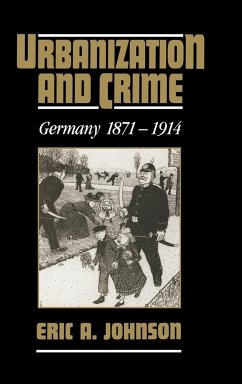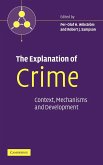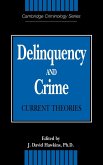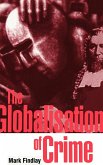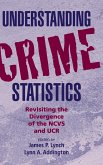This book represents the most rigorous, social-scientific study to date demonstrating that neither urban environments themselves nor the change in modern societies from predominantly rural to urban "causes" crime. Focusing on Germany between 1871 and 1914, the period of its industrial revolution and emergence as a world power, this volume explores crime patterns, criminal justice institutions and practices, and popular and elite attitudes toward crime, criminals, and criminal justice authorities. Criticizing as largely conservative and elitist in origin the notions that cities cause crime, the book demonstrates that the real roots of crime in German society are to be found in a mix of economic hardship, ethnic bias, and political repression - conditions that conscious political decisions, law, and legal officials either can help overcome or indeed can make even worse. In examining how the crime drama was played out in Imperial Germany, the book credits German law, judges, police, and populace for their technical expertise, high intellectual level, and orderly nature. It also indicts them for launching Germany on a dangerous path that would allow German judges and police in the mid-twentieth century to claim that they were acting only in the well-respected tradition of legal positivism.

